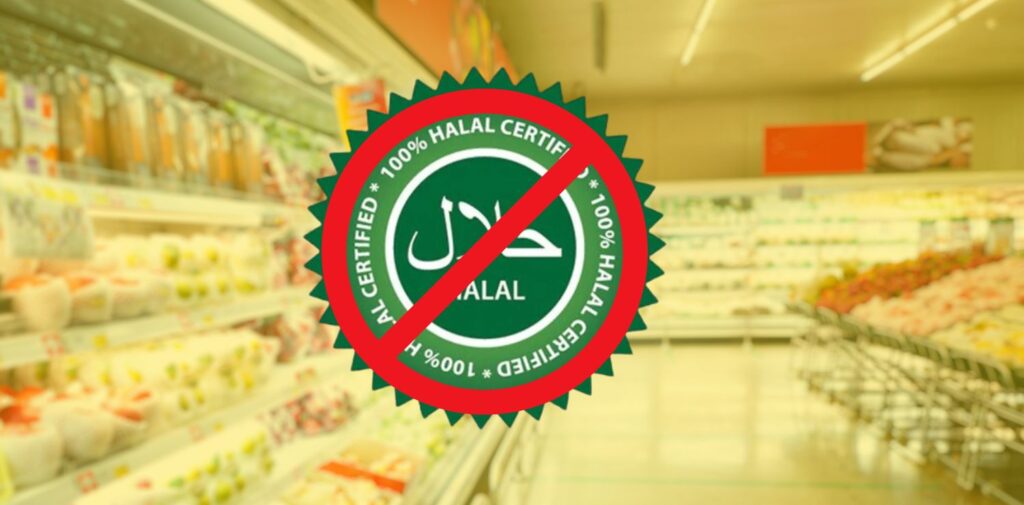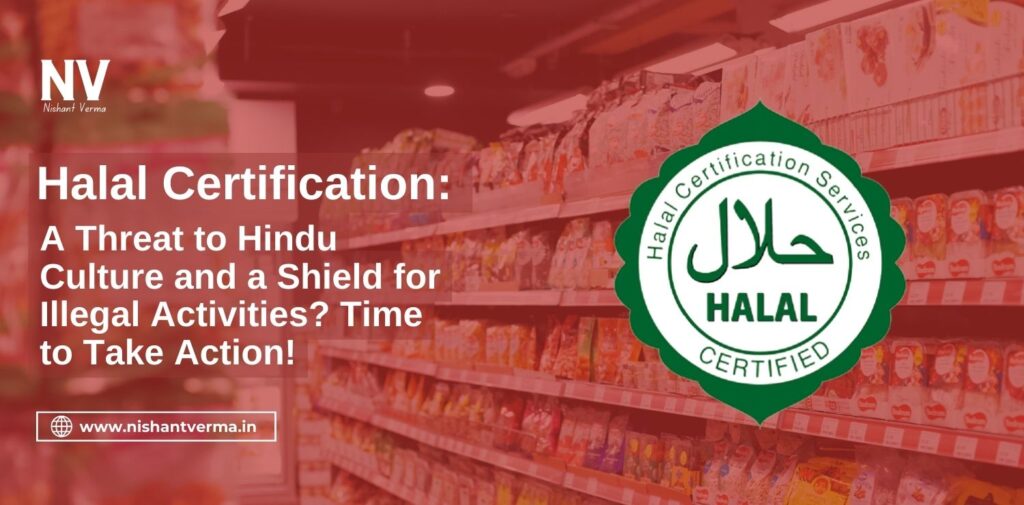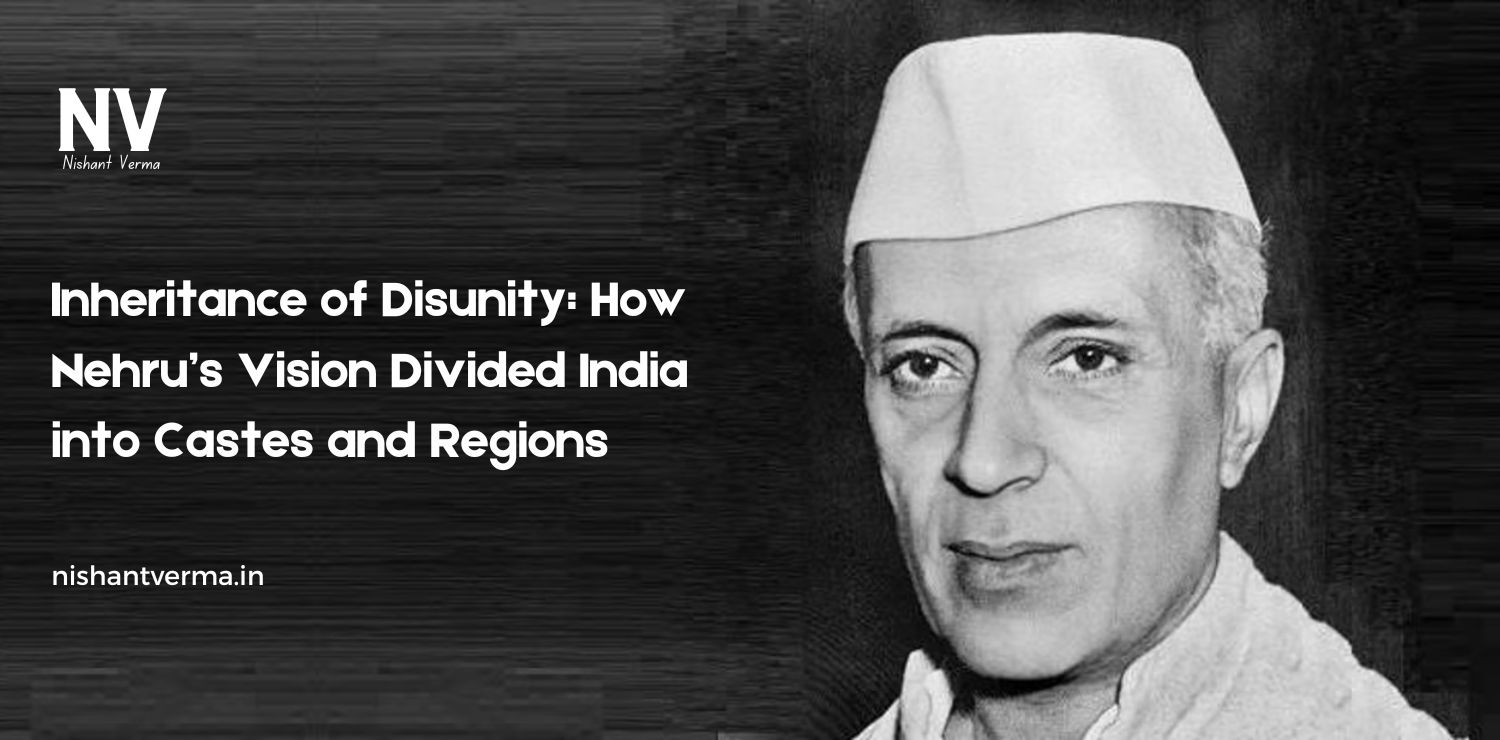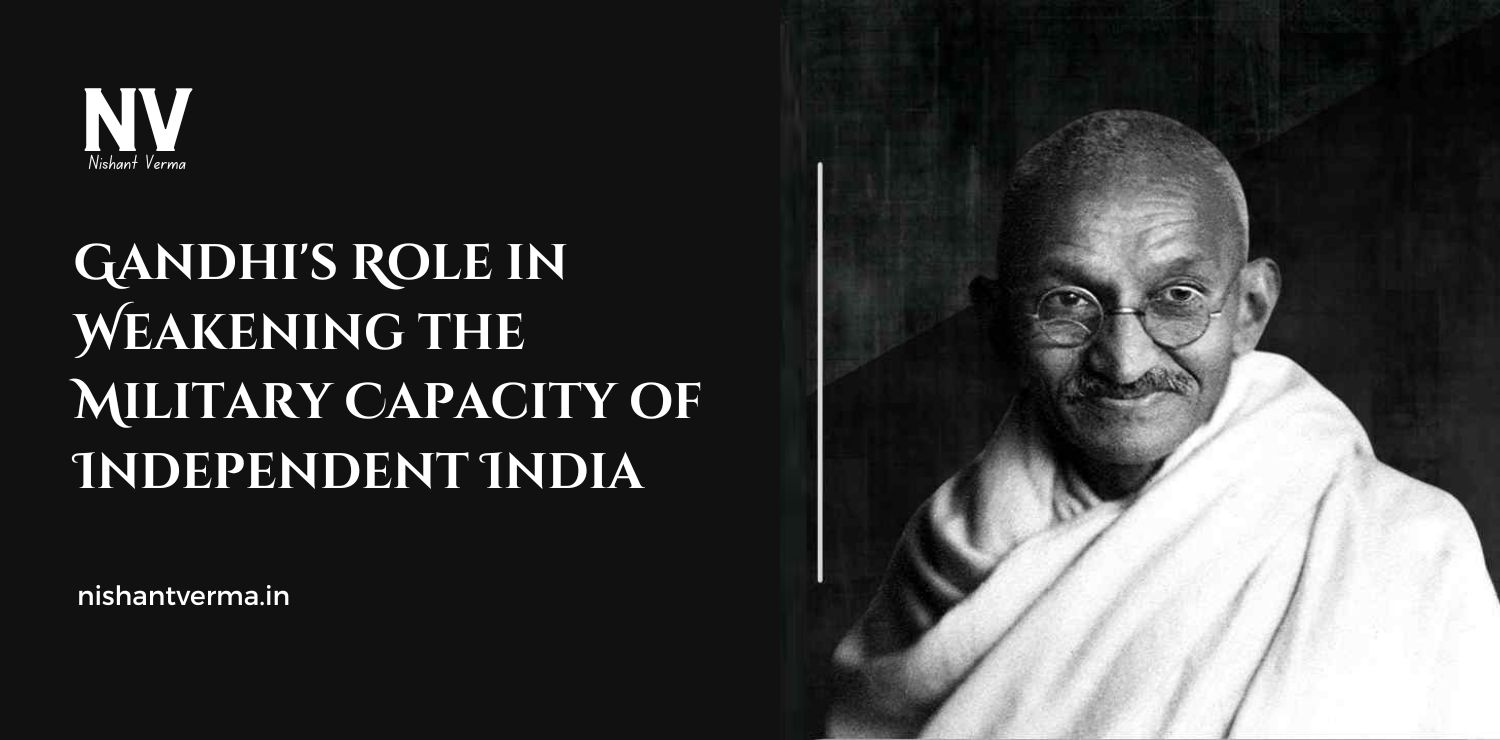India is witnessing a concerning trend: the growing prevalence of halal certification. Originally designed to cater to the dietary laws of the Muslim community, this certification is now spreading into areas where it arguably does not belong. While some view it as a harmless religious practice, others are raising alarms about its broader implications.
The rise of halal certification is not just about dietary preferences; it is becoming a symbol of religious dominance, cultural imbalance, and even a possible shield for illegal activities, including mob lynching. The government’s inaction on this matter raises serious questions: why is nothing being done to protect Hindu culture and ensure justice for all? Isn’t it time for the government to ban halal certification, or at least regulate its scope before it causes more harm?
Halal Certification: How Did We Get Here?
Halal certification, at its core, is a religious marker. It was created to ensure that Muslims could follow their dietary laws, dictating what foods and products they can consume. In a pluralistic society like India, catering to religious dietary preferences is not an issue in itself. However, the problem begins when this certification system starts extending its reach far beyond food, creeping into sectors such as pharmaceuticals, cosmetics, and even finance. This overreach raises a fundamental question: why should one religious community’s practices be imposed on everyone, even indirectly?
India is a secular nation, where people of all faiths are supposed to coexist harmoniously. But the halal certification system has raised concerns that it promotes one religion’s practices over others. Hindus, who make up the majority of India’s population, are left questioning why businesses and industries feel the need to comply with a certification that caters to a specific religious group. It creates a sense of inequality and favoritism, which goes against the very principles of secularism.

The Dark Side of Halal Certification: Shielding Illegal Activities?
The more disturbing issue here is that the halal certification system seems to be doing more than just regulating food for religious purposes. Critics argue that it is becoming a tool to protect illegal activities and shield certain groups from accountability. Reports suggest that halal certification is being used as a cover for actions that are not only unethical but also illegal, including mob lynching.
It is alarming to think that a religious certification system could be used to protect individuals who commit atrocities. Yet, some claim that those involved in mob lynching feel emboldened under the guise of religious protection provided by the halal certification system. If this is true, it is not just a matter of religious freedom but one of law and order. No certification system should allow individuals or groups to feel untouchable, or to act with impunity, simply because they have a religious stamp of approval.
Is the Government Too Afraid to Act?
One of the most troubling aspects of this situation is the government’s apparent reluctance to address the issue head-on. Despite growing concerns from the Hindu community and other groups, there seems to be a deafening silence from those in power. Why is the government not stepping in to regulate or ban halal certification if it is being misused? Is the fear of backlash from certain religious groups holding them back?
This hesitation to act sends a dangerous message: that some groups are above the law, and that their religious practices can be used to shield illegal activities. This undermines the rule of law and creates a situation where people feel that justice is not being served equally. The government’s primary responsibility is to protect all its citizens, regardless of their religion. If halal certification is being used as a shield for illegal activities, it is the government’s duty to put a stop to it.
The Impact on Hindu Culture
The Hindu community, which forms the majority of India’s population, has every right to demand protection for its culture and way of life. The unchecked spread of halal certification creates an environment where Hindu practices and traditions are being sidelined. It is not just about food—it’s about the cultural dominance that this certification seems to represent. When businesses and industries feel pressured to obtain halal certification, it sends a message that Hindu practices are secondary.
This imbalance creates cultural tensions and fosters resentment. Hindus are left feeling that their own cultural practices are being overshadowed by those of a minority religious group. This sense of cultural marginalization can lead to social unrest and division, which is the last thing India needs. The government must step in to protect the cultural rights of Hindus, ensuring that no one religious group’s practices are given undue prominence over others.

Time to Ban or Regulate Halal Certification
The halal certification system has clearly overstepped its boundaries in India. It is no longer just about catering to the dietary needs of one religious group; it has become a symbol of religious dominance and cultural imbalance. More alarmingly, it may even be shielding illegal activities, including mob violence, from accountability. This is not just a matter of religious freedom; it is a matter of law, order, and justice.
The government cannot afford to remain silent any longer. Strong action must be taken to either ban or regulate the halal certification system to ensure that it does not overreach its original purpose. If left unchecked, it could continue to create an environment where certain groups feel untouchable, and where cultural and religious imbalances threaten the fabric of Indian society.
Conclusion: Protecting Culture, Ensuring Justice
It is time for the government to take a firm stand. Halal certification, in its current form, is doing more harm than good. It is creating cultural imbalances, promoting the interests of one religious group over others, and potentially shielding illegal activities. The government must act to protect Hindu culture, ensure justice for all, and regulate or ban the halal certification system before it causes further damage. This is not just a matter of religious freedom—it is a matter of national unity, justice, and the protection of India’s cultural heritage.
The Hindu community deserves protection from the misuse of religious certifications that promote unlawful behavior and cultural dominance. Strong steps are needed now more than ever. The government should not hesitate to do what is necessary to preserve justice, protect its people, and maintain the secular fabric of India. The time for action is now..




